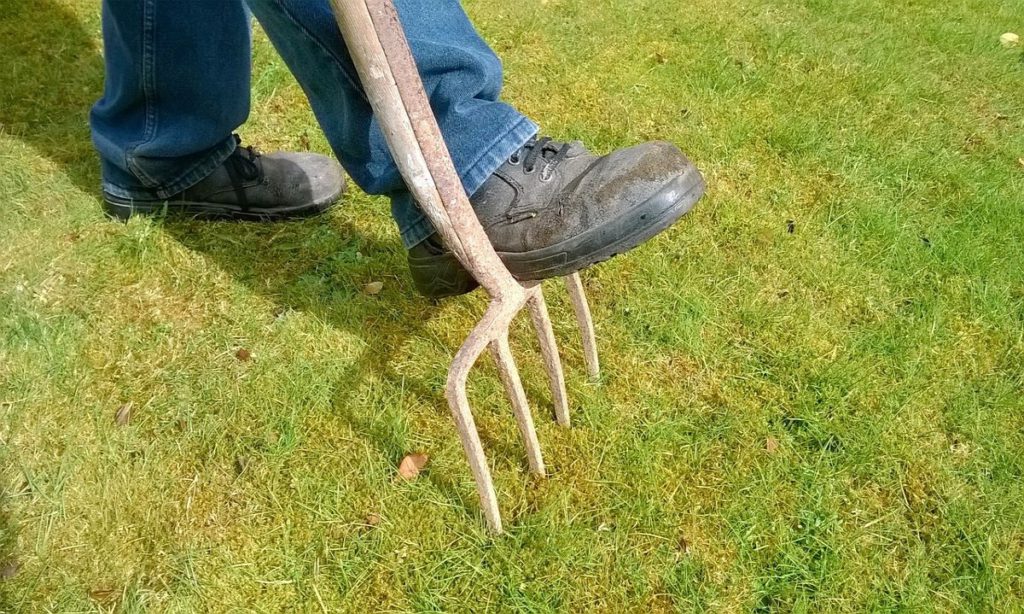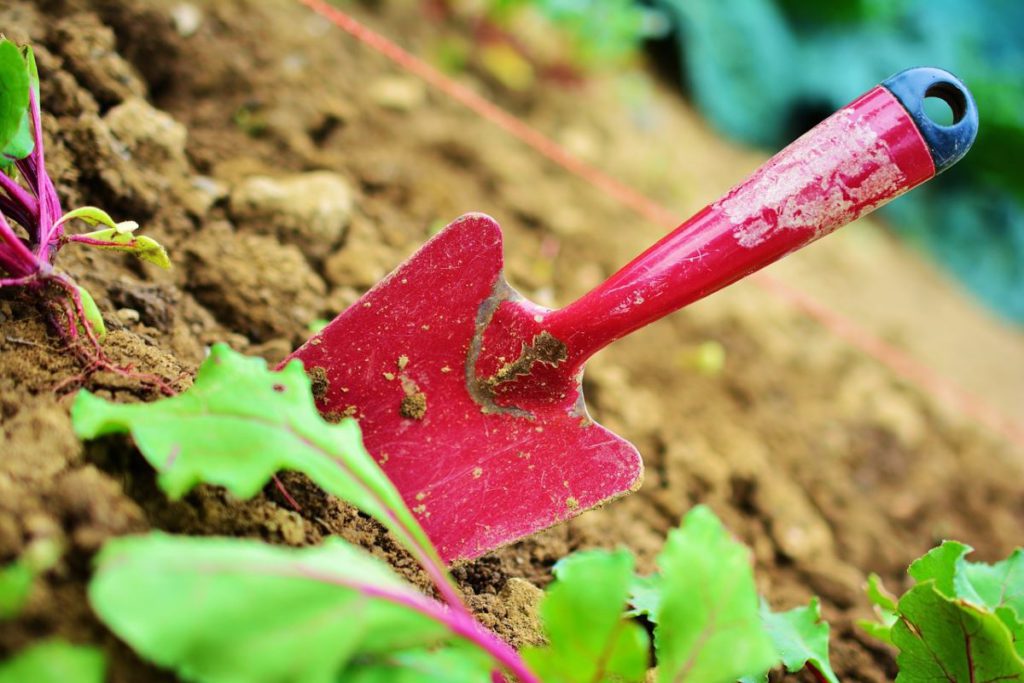Gardening can be a wonderful way to connect with nature, cultivate fresh produce, and enjoy the beauty of outdoor spaces. However, one of the most critical aspects of successful gardening is healthy soil. Soil health affects everything from plant growth to nutrient content and can determine whether your garden flourishes or flounders. In this article, we’ll explore some tips for improving soil health and creating a thriving garden.
Start with a Soil Test

Before making any changes to your garden soil, it’s a good idea to start with a soil test. This will give you a clear understanding of your soil’s current pH level, nutrient content, and other important factors. You can purchase a soil test kit online or at a garden centre or send a sample to a soil testing laboratory for more detailed analysis.
Add Organic Matter
One of the best ways to improve soil health is by adding organic matter. This can include things like compost, manure, and leaf mould. Organic matter helps to improve soil structure, increase water-holding capacity, and boost the nutrient content. Consider adding Tuscan toppings, a nutrient-rich soil amendment made from crushed rock to your garden bed. Not only does it improve drainage, but it also adds vital minerals and nutrients to your soil.
Use Mulch
Mulch is a gardener’s best friend when it comes to soil health. It helps to protect moisture, regulate the temperature of the soil, and suppress weeds. Additionally, as the mulch breaks down over time, it adds organic matter to the soil. Consider using a veggie mix soil as a mulch, which contains composted vegetable matter and is rich in nutrients.
Rotate Crops
Crop rotation is a technique used by many gardeners to improve soil health and prevent disease. By rotating the types of crops you grow in a particular bed each year, you can help to reduce the buildup of pests and diseases that target specific plants. Additionally, rotating crops can help to balance nutrient levels in the soil, as different plants have different nutrient requirements.
Avoid Chemical Fertilisers
While chemical fertilisers may seem like a quick fix for nutrient-poor soil, they can actually do more harm than good in the long run. Chemical fertilisers can disrupt the delicate balance of soil microorganisms, making it harder for plants to absorb nutrients. Additionally, these fertilisers can contribute to soil pollution and harm beneficial insects and wildlife. Instead, focus on natural methods for improving soil health, such as adding organic matter and using compost tea.
Use Cover Crops
Cover crops are an excellent way to improve soil health, especially during the off-season. These crops, which include things like clover, rye, and winter wheat, help to prevent erosion, increase organic matter, and fix nitrogen in the soil. When the cover crop is ready to be tilled under, it adds valuable nutrients and organic matter to the soil.
Practice Companion Planting
Companion planting is the practice of growing different types of plants together in a single bed. This technique can help to improve soil health by promoting beneficial relationships between plants. For example, some plants are known to attract beneficial insects or repel pests, while others are known to add nitrogen to the soil. By planting a variety of crops together, you can create a healthy and balanced ecosystem in your garden.
Consider Raised Beds
Raised beds are a popular option for many gardeners, as they offer a variety of benefits for soil health. Raised beds provide excellent drainage, which can help to prevent soil compaction and improve overall soil structure. Additionally, raised beds can be filled with high-quality soil amendments, like Tuscan toppings, which can help to create a nutrient-rich growing environment.
In a nutshell, healthy soil is essential for successful gardening. By following these tips for improving soil health, you can create a thriving garden that produces healthy, delicious produce. Whether you’re an experienced gardener or just starting out, improving soil health is a critical step towards a successful and rewarding gardening experience.
